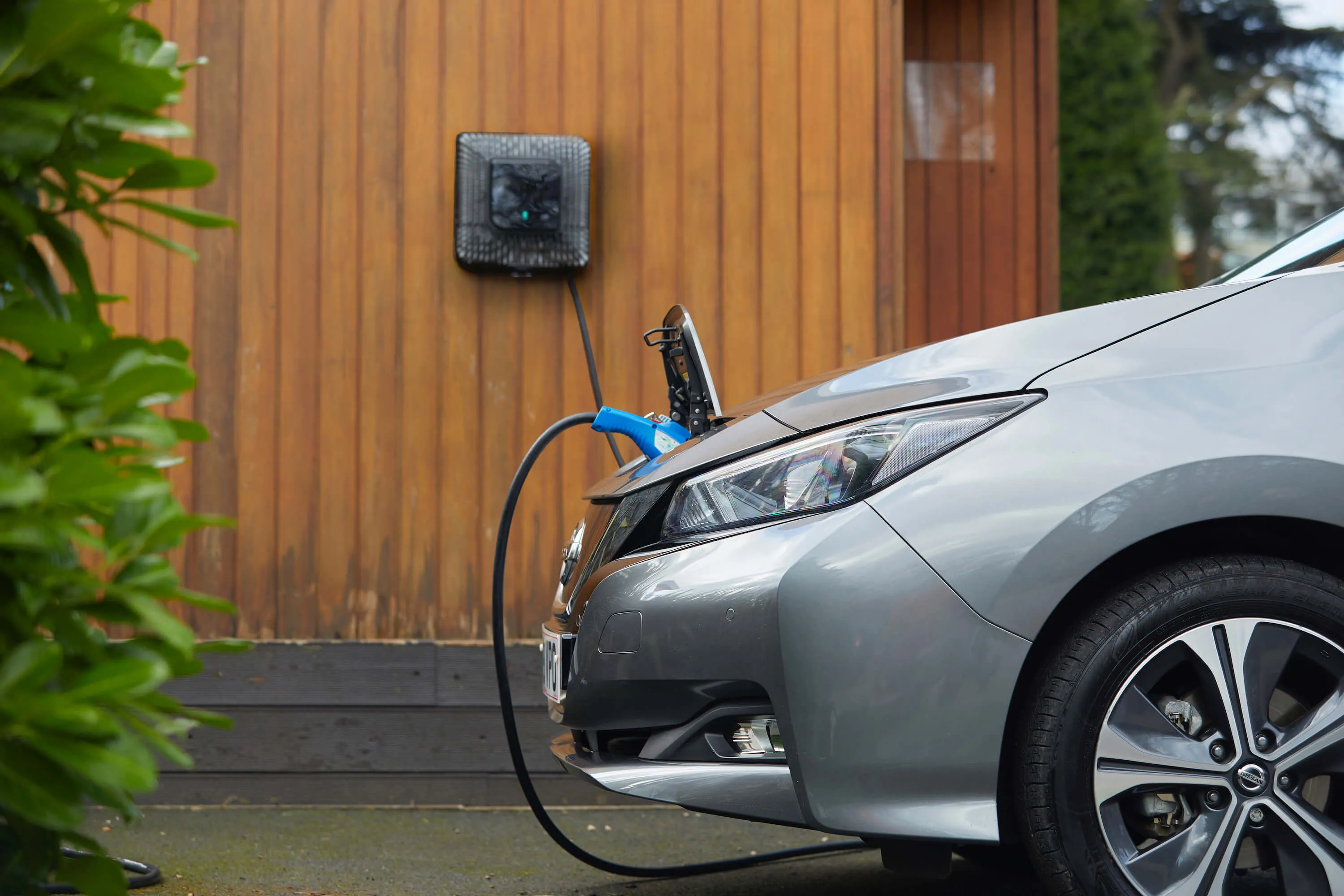Through an innovative research project across several industries, Ericsson claims it will bring mobile connectivity to electric cars and put choice and control over the charging schedule into the hands of drivers. The new architecture allows drivers to control charging of cars while they are plugged into any ordinary power outlet. Additionally, the system directs energy costs to the car owners’ bill. The driver sets the time and amount to charge on a console in the car or remotely via a smartphone or tablet
March 22, 2012
Read time: 2 mins
Through an innovative research project across several industries, Ericsson claims it will bring mobile connectivity to electric cars and put choice and control over the charging schedule into the hands of drivers. The new architecture allows drivers to control charging of cars while they are plugged into any ordinary power outlet.
Additionally, the system directs energy costs to the car owners’ bill. The driver sets the time and amount to charge on a console in the car or remotely via a smartphone or tablet.
Using the mobile network, the car then communicates with the grid so that charging is scheduled based on energy prices on the grid, reducing user costs. For the energy utilities, coordinating the charging of cars across the grid is more efficient and sustainable.
To provide a range of perspectives the concept was developed in a consortium involving609 Volvo Car Corporation, Göteborg Energi, the leading utility in western Sweden, Ericsson and 2169 Viktoria Institute, a non-profit IT research institute.
Additionally, the system directs energy costs to the car owners’ bill. The driver sets the time and amount to charge on a console in the car or remotely via a smartphone or tablet.
Using the mobile network, the car then communicates with the grid so that charging is scheduled based on energy prices on the grid, reducing user costs. For the energy utilities, coordinating the charging of cars across the grid is more efficient and sustainable.
To provide a range of perspectives the concept was developed in a consortium involving










